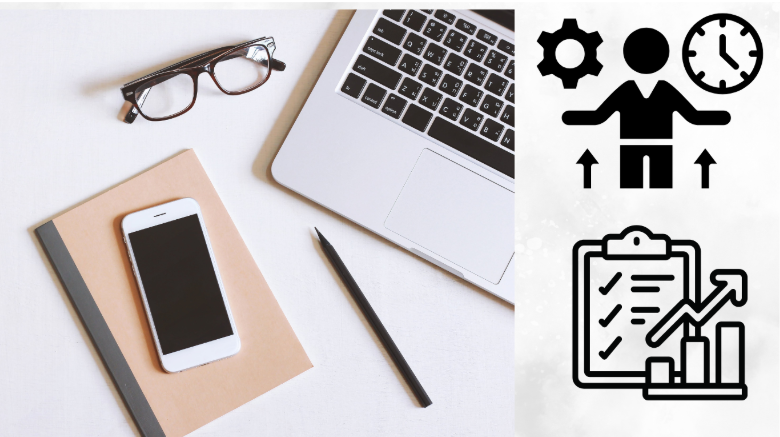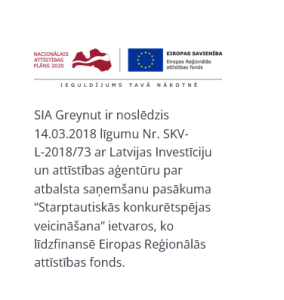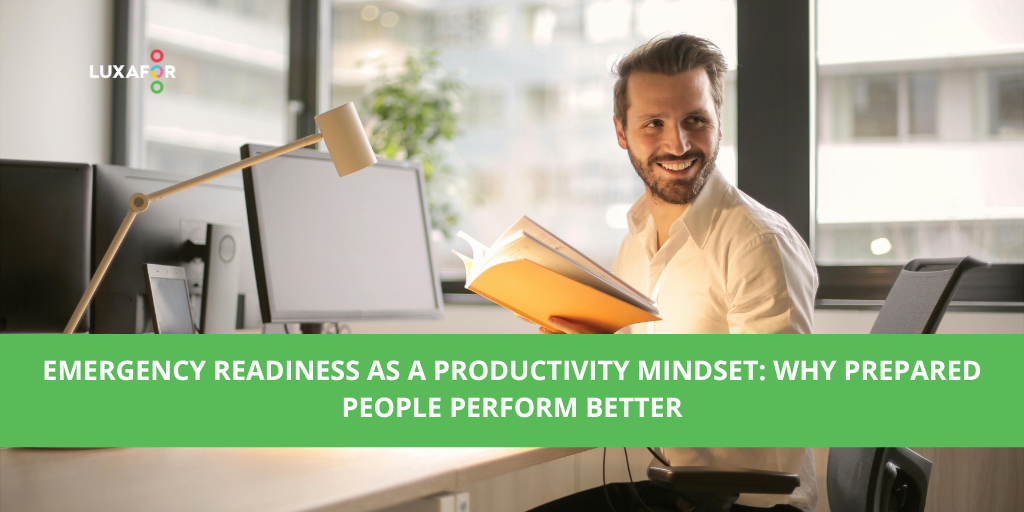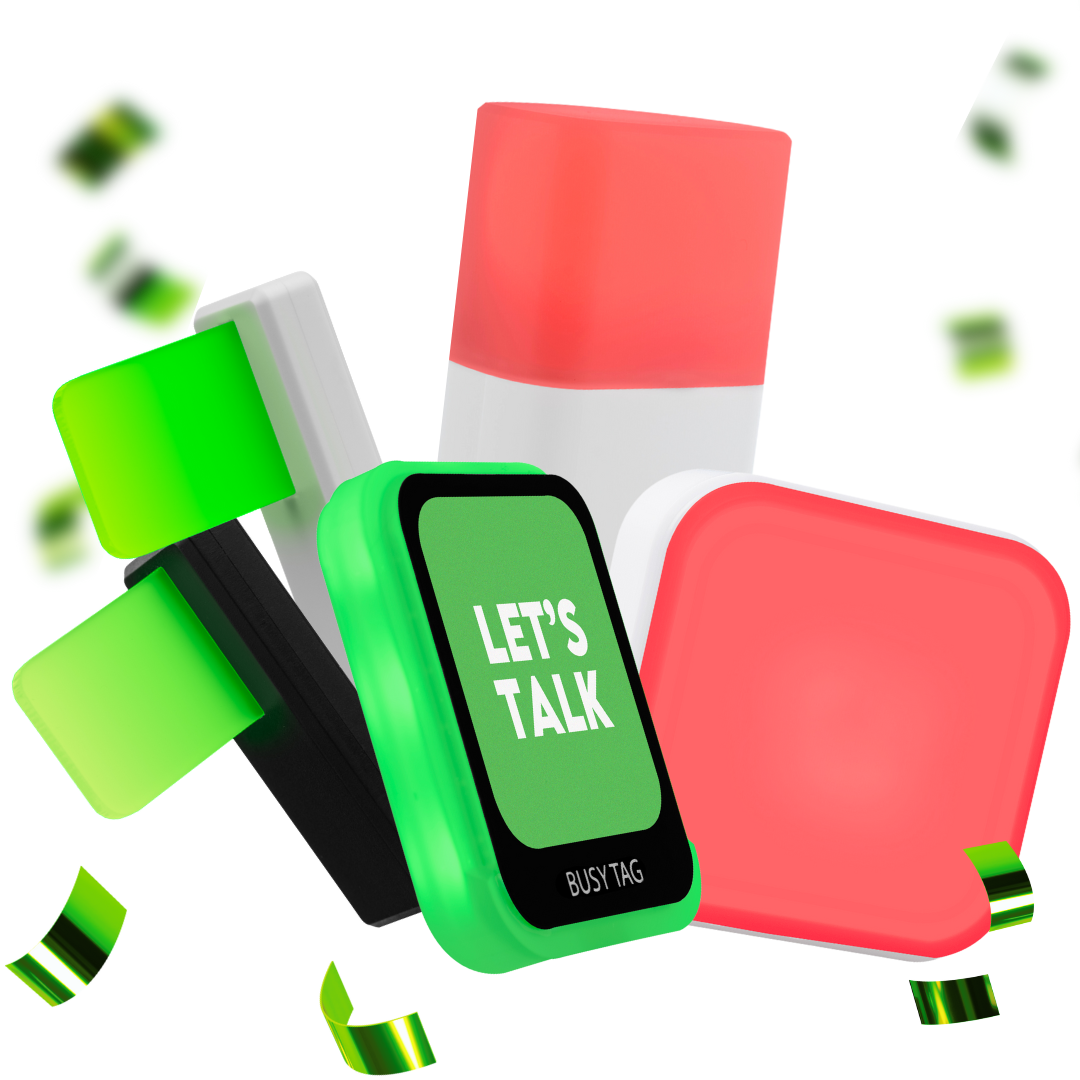Emergency Readiness as a Productivity Mindset: Why Prepared People Perform Better
In today's connected, high-speed work culture, productivity is often discussed as time in
calendars, time-blocking, and optimization tools. But what if we told you that one of the
biggest, untapped sources of focus and productivity is simply being prepared for the
unexpected? Personal readiness impacts your ability to stay calm (and productive)
whether at home, work, or anywhere in between. It's why people are increasingly
signing up for CPR Training: not to be heroes in emergencies, but for the fundamental
action that it represents: calm action under pressure. And calm action under pressure
might be the single, biggest untapped source of productivity out there.

Reimagining Productivity Beyond the To-Do List
When we think of productivity, we think about what we can do more of in less time. But productivity is so much more than just efficiency; productivity is about resilience. It's about how we recover from the disruptions that are sure to come in a day: the surprise meeting, the kid sick, the power outage, or the unexpected emergency (yes, emergencies happen too).
People who are mentally and physically prepared will recover faster. They will not get off track for hours. They assess, adjust, and move on. And not because they are lucky or superhuman, but they are prepared; they have developed the habit of being ready.
Confidence is the Foundation for Calm Execution
When faced with uncertainty, your brain has a choice: fight/flight vs. plan/execution. Your odds of selecting the latter are largely determined by your level of preparation. A confident person might pause, breathe and say, “Here is what we are going to do.” Someone else freezes.
This difference is not about personality, it is about experience and mental training. By strategically embedding micro-moments of readiness into your routine, you are literally retraining your brain to choose calmness over panic.
That mental calmness is a superpower in both personal and professional environments. It means you will make better decisions, quicker recoveries from your setbacks and fewer emotional roller coasters when things do not go as planned.
The Intersection of Emergency Mindset and High Performance
It’s remarkable how the same qualities that support being a good first responder—calm reflection, clear communication, and decisive implementation—also lead to success in the workplace. The qualities above are built on preparation:
- Situational Awareness – The ability to see your surroundings and predict what could go sideways
- Decisiveness – The ability to take action with little to no hesitation
- Focus – The ability to tune out distraction and stick to your plan
- Self-Regulation – The ability to manage your internal pressures when it matters
These are not emergency skills, but a set of skills required for high performance in any role, be it manager, freelancer or stay-at-home parent.
Practical Ideas to Practice for Readiness (without changing your whole life)
You don’t need to take tactical training camps or read survivalist texts. Building a readiness mindset is just small and repeated actions that will support your focus and decrease your mental weight.
Here are a few easy, but very powerful ways:
1. Create Buffers in Your Day
Include time between meetings or blocks of work. Include 10–15 minute breaks between tasks. This allows for recovery, adjustment, or to account for unexpected surprises without a general delay.
Busy Tag: Stay focused and avoid distractions
2. Use Mental Rehearsals
Set aside one minute at the start of the day to ask: “What’s one thing that could go wrong today—and how would I respond?”. This may sound negative, but to be ready for an unexpected event is simply your brain preparing to respond quickly.
3. Create a "Plan B" Space
For each important project, write down your backup plan. If the meeting tool fails, what is your alternative? If you lose your internet connection, where is your mobile hotspot? Just having options will greatly reduce anxiety.
4. Optimize the Environment
A tidy, stocked workspace is great for focus. Keep your workspace stocked with what you use often, and replenish as soon as you begin to run low on supplies. A well-prepared workspace provides uninterrupted focus.
5. Leverage Micro-Training
Learn one small skill each month, such as how to reset a router, memorizing your emergency contact numbers, or learning the basics of breathing exercises for stress control. Small skills accumulate.
Health Safety and Productivity: The Invisible Link
We rarely think of physical safety, and productivity, in the same breath. But there is a link. If you’ve ever tried to concentrate in a setting where you felt you weren’t safe, you already know your brain can’t focus when it’s in a state of alertness.
Preparedness—even the simplest of readiness such as knowing where your first aid kit is—provides a psychological layer of safety. This makes it easier to concentrate and carry out tasks at a higher competence level.
It’s not about being paranoid that something might happen—it’s about making sure your brain isn’t distracted by “what ifs.”
Why Individual Readiness Benefits the Team
Prepared individuals not only enhance their effectiveness but the effectiveness of the team as well. Here are some reasons why:
- They provide stability during stressful situations
- They reduce reliance on others by taking action
- They provide confidence just by being there.
In group settings, a prepared, calm individual can influence the energy of an entire team-A case where the whole is greater than the sum of its parts! Moreover, a body of research that studies emotional intelligence shows that we “mirror” others moods and actions. If you’re calm, it’s more likely there will be calmness in response.
This is why being ready is not just an individual quality but also a productivity quality.
Emergency Planning Is a Component of Work-Life Balance
When we think of work-life balance, we often focus on scheduling, boundaries, or relieving stress. A lesser-known aspect of true balance is stability—knowing that if something goes sideways, you’ve got it covered.
That sense of control enables you to turn off after work. It allows you to be present with your family, enjoy your weekend, or be engaged in a meeting without the anxiety buzzing in the background.
It’s not glamorous. You won’t get a reward for having a backup battery, knowing how to bandage up a sprained ankle, or remaining calm in the face of an unanticipated blackout. But those little layers of preparedness ease life, reduce reactivity, and significantly enhance management.
And when life is manageable, productivity and well-being increase—naturally.
In Closing: Preparedness is the Unseen Side of Productivity
We admire visible achievements—outputs, goals, habits. But we don’t see the invisible ripple below those: calm minds, ordered desks, contingency plans, and quiet, confident calm.
Preparedness works in more than just emergencies. Preparedness works every single day. Preparedness keeps you from spiraling down when plans go sideways. Preparedness protects your momentum. Preparedness supports your ability to focus on what really matters.
So whether you’re learning a life-saving skill, or simply stocking your workspace with intention, preparedness is more than a plan. Preparedness is a mindset—and a mindset that enables truly productive resilient lives.
LUXAFOR HELPS PEOPLE TO ACHIEVE THEIR GREATEST PRODUCTIVITY LEVELS WITH A WIDE VARIETY OF OFFICE PRODUCTS. LET’S BE PRODUCTIVE TOGETHER!
Show your colleagues when you're busy!
Emergency Readiness as a Productivity Mindset: Why Prepared People Perform Better
Tags
Archives
- November 2025
- October 2025
- September 2025
- August 2025
- July 2025
- June 2025
- May 2025
- February 2025
- January 2025
- December 2024
- November 2024
- October 2024
- September 2024
- August 2024
- July 2024
- June 2024
- May 2024
- April 2024
- March 2024
- February 2024
- January 2024
- December 2023
- November 2023
- October 2023
- September 2023
- August 2023
- July 2023
- June 2023
- May 2023
- April 2023
- March 2023
- February 2023
- January 2023
- December 2022
- November 2022
- October 2022
- September 2022
- August 2022
- July 2022
- June 2022
- May 2022
- April 2022
- March 2022
- February 2022
- January 2022
- December 2021
- November 2021
- October 2021
- September 2021
- August 2021
- July 2021
- June 2021
- May 2021
- April 2021
- March 2021
- February 2021
- January 2021
- December 2020
- November 2020
- October 2020
- September 2020
- August 2020
- July 2020
- June 2020
- May 2020
- April 2020
- March 2020
- December 2019
- November 2019
- October 2019
- September 2019
- August 2019
- July 2019
- April 2019
- March 2019
- January 2019
- December 2018
- November 2018
- October 2018
- September 2018
- August 2018
- July 2018
- June 2018
- August 2017
- May 2017
- April 2017
- February 2017
- January 2017
- November 2016
- October 2016
- September 2016
- August 2016
- July 2016
- June 2016
- May 2016
- April 2016
- March 2016
- February 2016
- January 2016
About Luxafor
Our Office
- Legal information:
-
Company name: Greynut LTD
VAT number: LV40103684124
Legal address: Ropažu str. 16B - 41, Riga, Latvia, LV-1039 - HQ and warehouse:
- Biķernieku iela 1A
- Riga, Latvia, LV-1039
- Tech support: support@luxafor.com
- For guest blogs and link insertions: SEO@luxafor.com
- +371-277-555-44 (GMT+2)
- +1-917-730-2079 (GMT+2)















